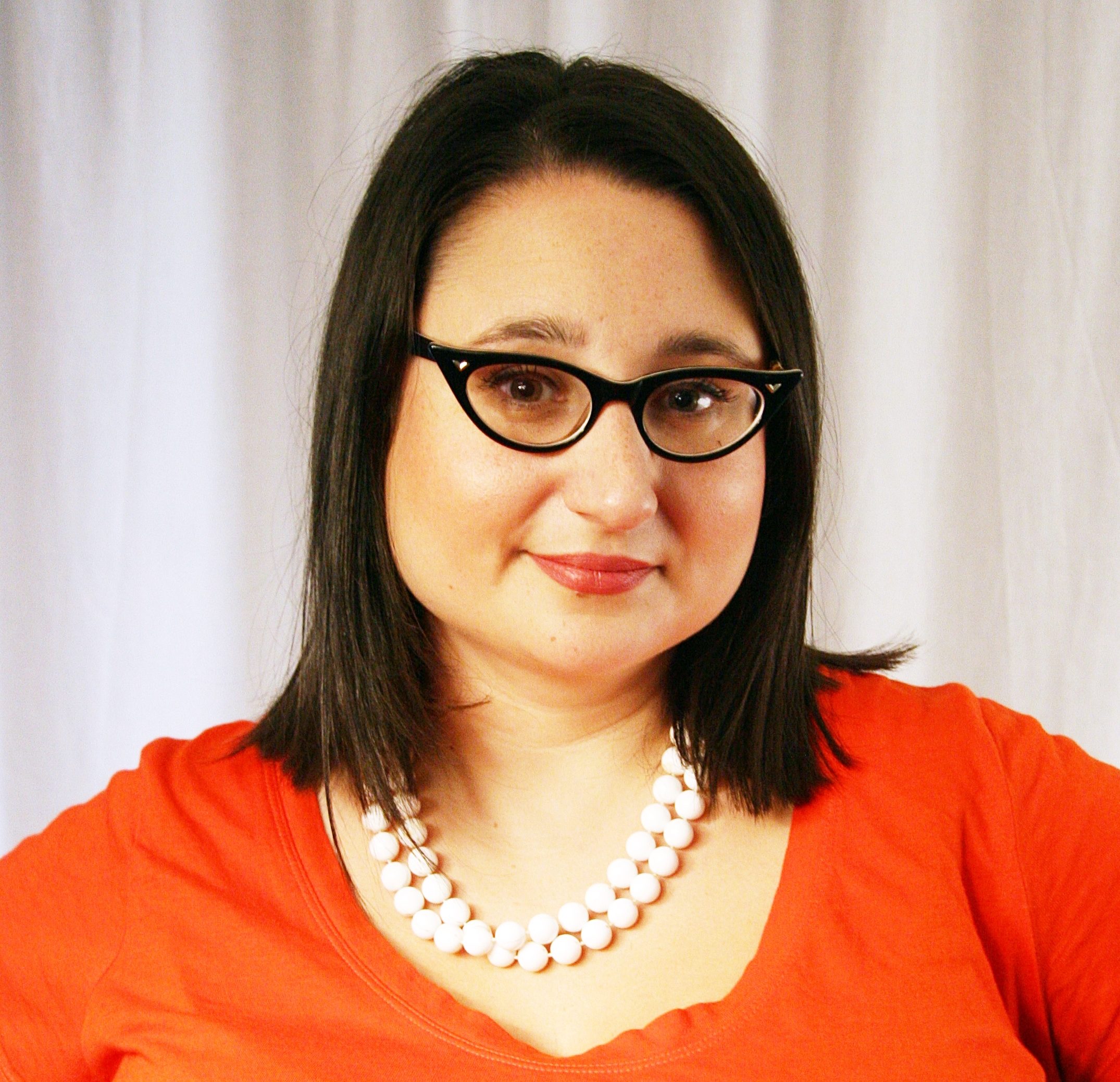Reproductive technology is constantly advancing, giving people more options for how, when, where, and with whom they can have a baby. More women than ever are freezing their eggs, and egg freezing is increasingly being marketed towards younger, single women as a sort of fertility insurance policy.
The basic premise is simple: Women who can afford to do so have their eggs harvested and then stored for future use, whether that’s when they find a partner, become more financially stable, or make advancements in their career, for instance. Though techniques have certainly improved even in the past five years, it does not guarantee a viable pregnancy or live birth.
And there are other risk factors. For instance, in March 2018, two separate egg freezing facilities experienced storage tank failures, resulting in the loss of thousands of eggs and embryos.
Given how costly and physically taxing the egg freezing process can be, the decision whether or not to go through the process can be a potential source of stress for those considering it.
To help understand the various social, financial, and biological aspects at play, NBC News has published a special report on egg freezing. Though it covers important topics like marketing egg freezing towards millennials at Instagram-friendly parties, exploring it as an option for transgender men, and highlighting real-life egg freezing stories from people aged 19 to 60, the most novel part of their report was the investigation into the safety of egg freezing, in light of last year’s storage tank malfunctions.
Here’s what the investigation found and what you need to know before making the decision to freeze your own eggs.
Some regulation improvements have been made recently — but not many
According to one of the articles in the report, some facilities have put in place additional precautions against malfunctions like the ones a year ago, including updated monitoring systems, backup tanks, and new inspection safeguards. But there has not been similar movement on the policy or legislative side.
In fact, NBC News asserts that there is no single government agency with the authority to regulate the egg freezing industry — including these massive malfunctions. Instead, regulation comes from a patchwork of private professional associations and organizations, as well as federal and state government agencies. In short, the existing regulatory framework is confusing, cumbersome, and not working.
There were other freezer malfunctions we didn’t hear about
Last year, after the widely reported cases of malfunctioning freezers at fertility clinics in Cleveland and San Francisco, NBC News looked into the tanks and their manufacturers and found that there had been similar previous incidents that weren’t as publicized. These incidents happened in the United Kingdom in 2003 and the University of Florida Women’s Health Center in Gainesville in 2005. And yet, this didn’t trigger the same reaction in the media, nor did the FDA issue an alert or warning to the general public or the fertility industry.
Ask these questions before selecting a fertility clinic
As with any other major health or financial decision, it’s a good idea to do your own research on fertility clinics before choosing one to handle your egg freezing. This should involve asking the clinic’s staff questions about their procedures and policies. Not sure where to start? NBC News in conjunction with Fertility IQ put together a list of questions to ask:
- How often after fertilization do your embryos reach day five — the “blastocyst” stage? (You’re looking for at least 40 to 50 percent of fertilized eggs growing to this stage.)
- Are you open seven days a week? (The answer should be yes.)
- How many embryologists are on staff each day? (You’ll want at least two so there’s always a back-up.)
- What monitoring systems do you have in place? (Ideally, if they are using liquid nitrogen storage tanks, the clinic should regularly monitor levels to ensure they are correct. They should also have backup systems, including “standby” tanks that are ready to go if anything happens to the primary storage.)
When it comes to egg freezing, fertility treatments or any medical care, it’s crucial that you act as your own advocate. Read up, get second opinions and ask as many questions as you need to in order to feel comfortable making a decision. No, asking questions won’t necessarily lead to better regulation or tanks that won’t malfunction, but it does give you the best possible chance of getting what you need out of the egg freezing process.
Follow us here and subscribe here for all the latest news on how you can keep Thriving.
Stay up to date or catch-up on all our podcasts with Arianna Huffington here.


